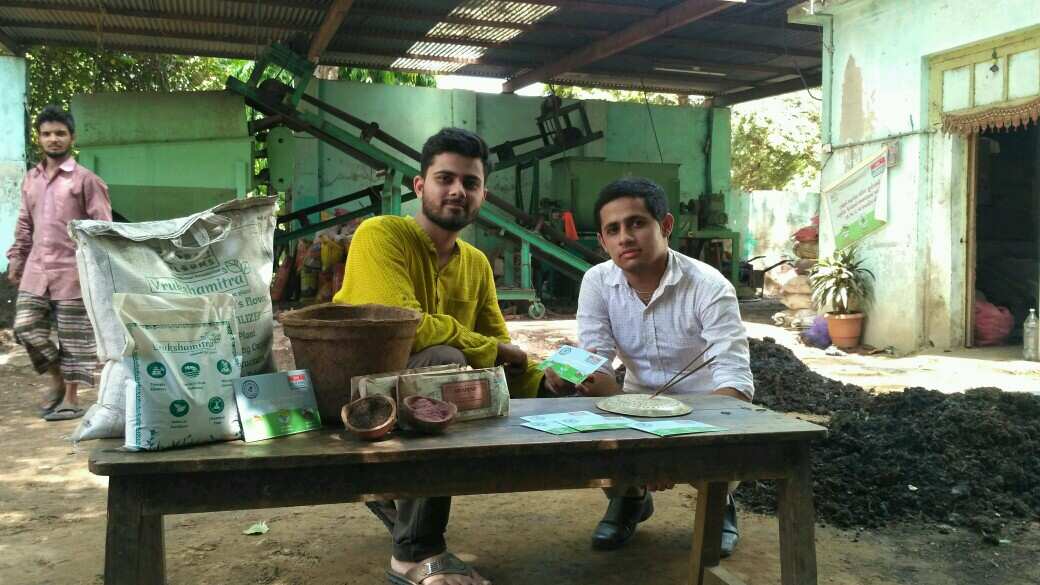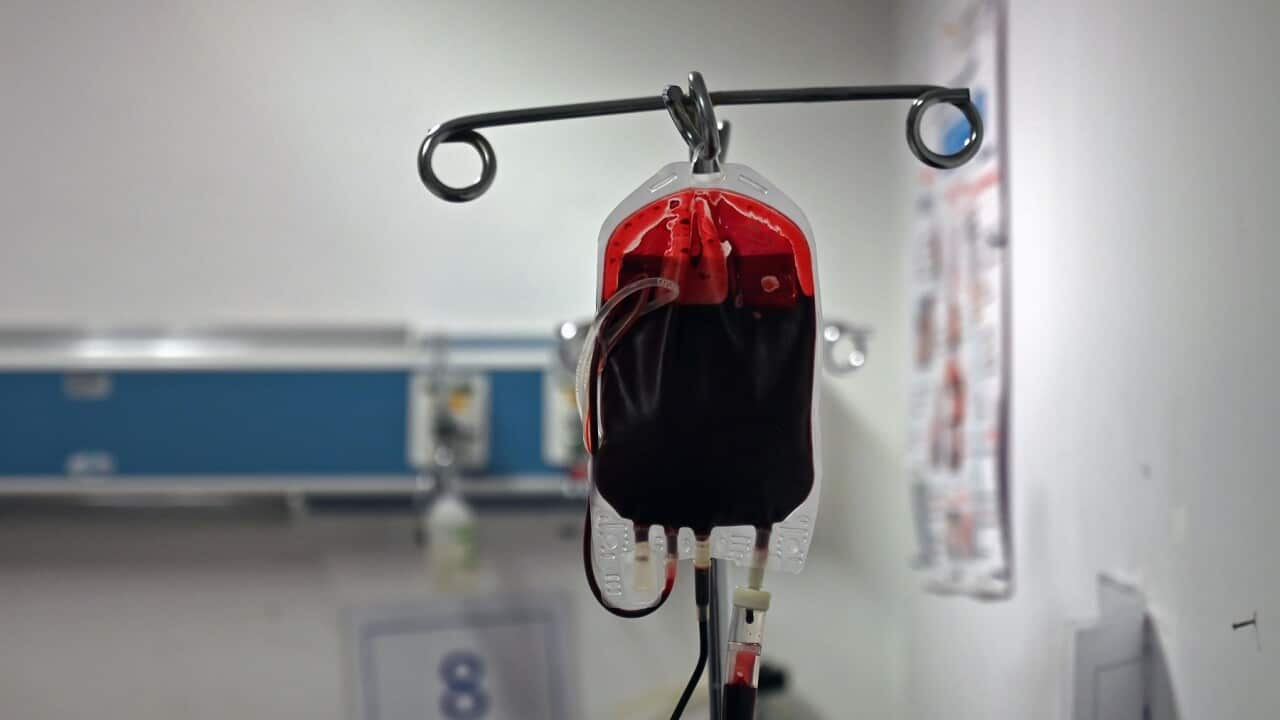Yash Bhatt was 21 years old when he came across a dilemma.
“After a puja (prayer ritual) in my house, I heard my family members discussing that all the flowers and other offerings used during the rituals must be then immersed into the rivers'" he says.
"I knew how all these offerings were causing pollution in our rivers, and that started my journey to find a way to use these plant-based products left behind after religious rituals."
Yash contacted his friend from engineering college, Arjun Thakker, to come up with a solution. The pair then spoke to a priest at a nearby temple in Gujarat who agreed to segregate all the worshipping waste. This was their first step towards developing their prototype.
The pair then spoke to a priest at a nearby temple in Gujarat who agreed to segregate all the worshipping waste. This was their first step towards developing their prototype.

Source: Supplied
Soon, Yash and Arjun formed ties with the Ahmedabad Municipal Corporation (AMC). “With the help of the AMC, we collected more than 3,000 kgs of plant-based products left behind from more than 100 venues. In addition to Hindu temples, we also collected garlands, loose flowers and leaves from Derasars (Jain community worshipping places), Gurudwaras(Sikh community worshipping places) and Dargahs (Muslim worshipping places)," Yash says.
“With the help of the AMC, we collected more than 3,000 kgs of plant-based products left behind from more than 100 venues. In addition to Hindu temples, we also collected garlands, loose flowers and leaves from Derasars (Jain community worshipping places), Gurudwaras(Sikh community worshipping places) and Dargahs (Muslim worshipping places)," Yash says.

Arjun Thakkar and Yash Bhatt Source: Supplied
"We also placed a couple of bins around the Sabarmati river, urging people to deposit their worshipping waste in these bins instead of dumping them into the river.”

Source: Supplied
What happens to the 'worshipping waste'?
The first step is taken by the temples where products are segregated. Organic materials are kept to be processed further.
“We use the organic waste to produce products like incense sticks, manure, rose water, coco pits and plant pots made out of the fibre of coconut, holi colours and a lot of other interesting stuff.”
Their next step is using orange and yellow colour marigold flowers to produce an organic dye that can be used on paper and fabrics.
ImageEmpowering women
In order to hire people to prepare these products, Yash and Arjun turned to the temples once again. Many temples have women coming there in the evenings either to clean the premises or to sit and pray together. Yash and Arjun approached some of them and asked if they would be interested in working with them.
The women happily agreed to be a part of the project. As of today, Yash and Arjun’s organisation employs and empowers more than 70 women for the segregation of worshipping waste and preparing organic products.

Source: Supplied
Nationwide plans
Yash and Arjun plan to replicate their model in different cities. “We want to replicate this model in Gujarat and subsequently in India. We will introduce new products, like paper made out of fibre extracted from cow dung. Other products that we are making out of cow dung are diyas (earthern lamps), plant pots as well as natural and liquid fertilisers.”
"We are also working on research to see if we can produce medicines out of Bilipatra or Bael leaves which are often offered to a lot of deities in the temple," Yash said.
"Some people still don’t agree with the idea of worshipping waste being reused because they believe it should be offered either into the river or a lake.
"We are trying to convince the community, one person at a time, to allow the reuse of worshipping waste to create some wonderful products."
More stories on SBS Gujarati

21-year-old invents plastic made from plant extracts





